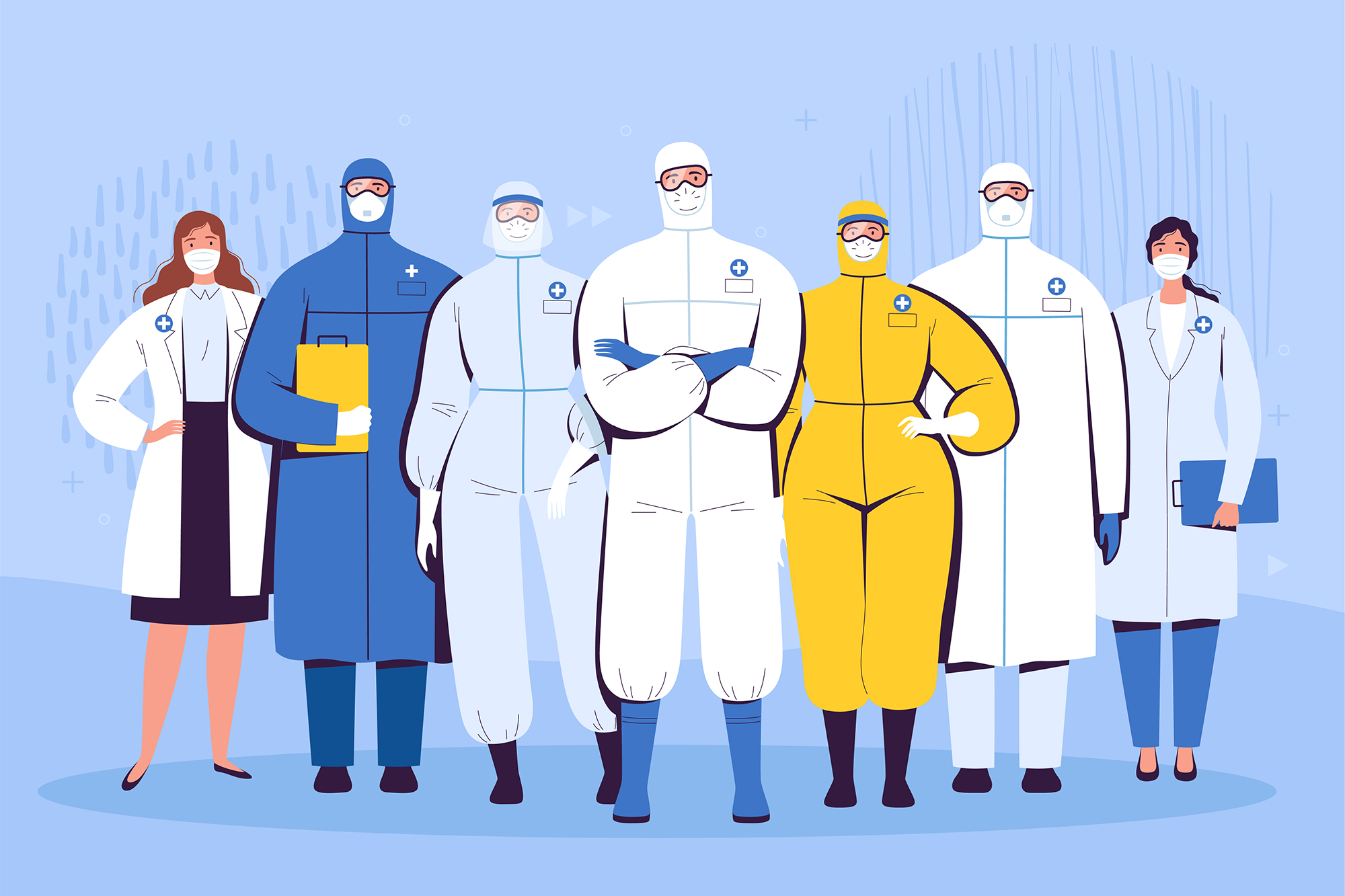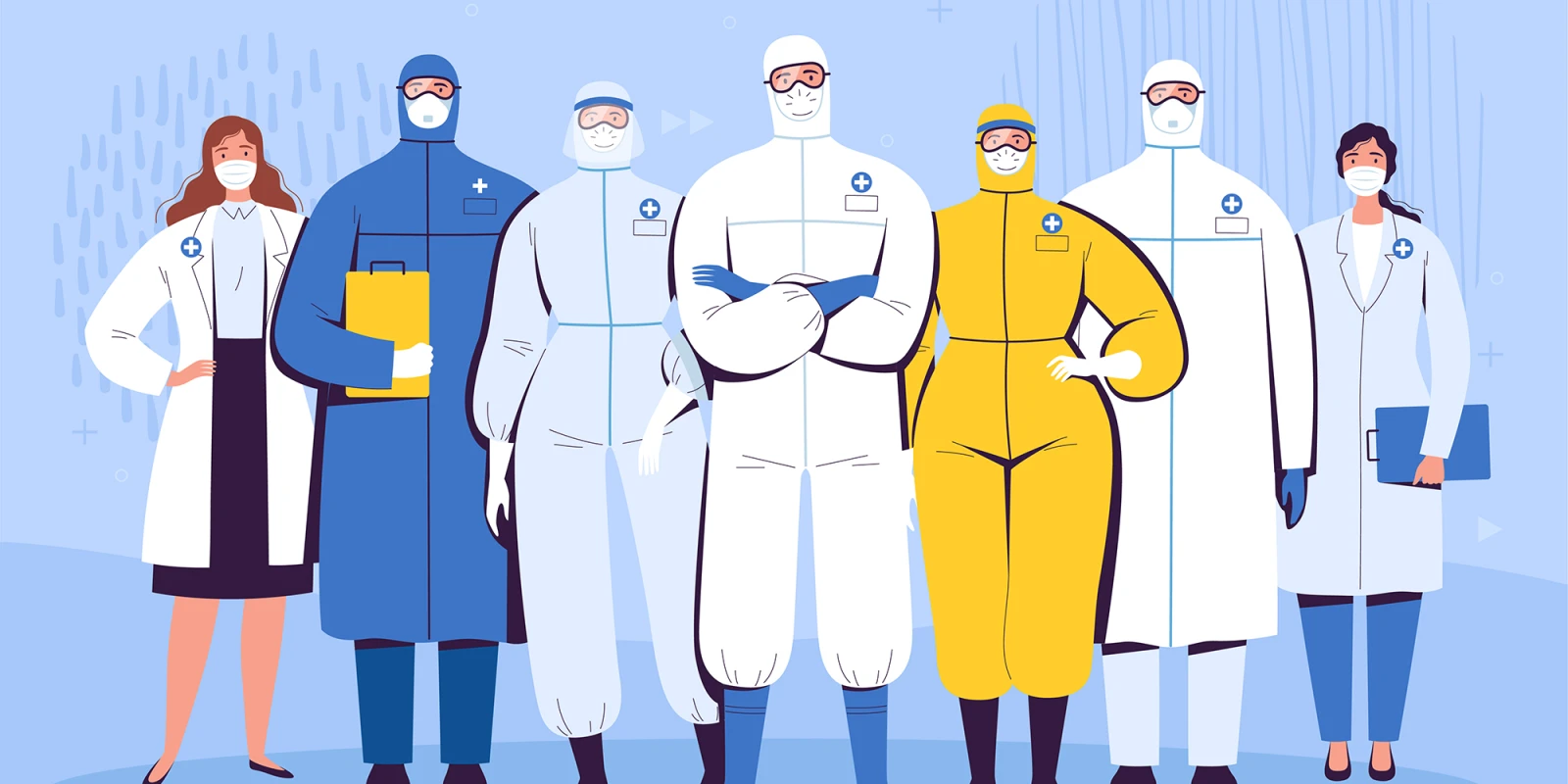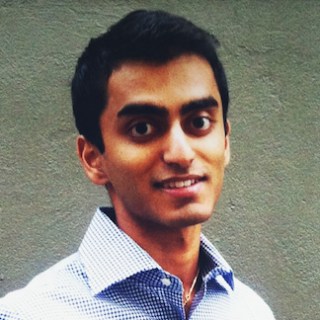
Months ago, before COVID-19 changed the way we live, work, and socialize, another public health crisis loomed over the medical profession: burnout. It was affecting the medical community at unprecedented rates, with as many as 54% of physicians in some specialties reporting burnout-related illness. Researchers speculated about contributing factors, like working too hard at the expense of self-care, sleep deprivation, and inadequate time with loved ones were commonly-identified exacerbators. But regardless of cause, many in the medical profession considered burnout an existential crisis, one that threatened to strain and perhaps destroy the fabric of the medicine.
But over the last few weeks, a new pandemic has emerged, one that is more silent, more invisible, and more contagious than burnout: COVID-19. The virus is destroying national economies, separating family members from their loved ones, instilling fear in social interactions, exhausting supply chains, and overburdening already exhausted health care professionals. In cities around the world, hospitals are facing dwindling supplies of masks, gloves, gowns, ventilators, and, perhaps most importantly, health care professionals. Clinicians are being asked to spend more time in the hospital, away from their families, in the vicinity of death and disease, and for the first time for many of us, we are entering patients’ rooms fearing for our own lives.
In theory, the COVID-19 pandemic should be accelerating burnout at a horrific pace. What else would we expect? When you take a condition that is worsened by long hours, poor self-care, and exposure to emotional trauma and compound it with a pandemic that increases work requirements, threatens personal health, and results in an unprecedented number of deaths, we would expect more burnout.
We won’t know, scientifically, whether COVID-19 has worsened physician burnout for some time. Surveys must be administered, data collected and analyzed, manuscripts written, and papers eventually published. But we can still form a hypothesis now.
It seems intuitive that COVID-19 would increase physician burnout — but what if, in some ways, the opposite is true? Many health care professionals entered medicine to fulfill a few fundamental desires: to run toward rather than away from danger, to offer help when no one else can, and to accompany patients in their illness journeys when medicines and procedures are not enough.
With COVID-19, the medical community has returned to the profession it was decades ago — the profession that garnered respect and admiration worldwide, that children eagerly proclaimed they wanted to be a part of when they grew up, that brought the world scientific advancements to overcome the most deadly diseases, that society depended on for reassurance and guidance in otherwise hopeless times. Decades ago, physicians were our stewards in the exploration of unknown illnesses, helping identify novel diagnostics and breakthrough treatments. And now, once again, we find ourselves confronting an enemy we do not know enough about, and it is physicians that are leading the charge.
Social psychologists have demonstrated many times that one of the most important contributors to job satisfaction is feeling like your work matters. For many years, health care was trending in the wrong direction. Patients were increasingly “self-treating” their own conditions with Dr. Google, and those who did seek our help were sometimes quick to blame us for anything that went wrong. As a hospitalist, I have been yelled at, ignored, and generally disrespected by my patients more times than I can remember. And even amongst health care professionals themselves, there was growing dissent between specialties, with internists blaming surgeons and surgeons blaming internists, and everyone blaming the ER. But with COVID-19, we have encountered a new challenge that has restored our common purpose and compelled us to work together.
Although the job has become tougher, I have never been more proud to be a physician. The billboards on state highways thanking front line clinicians, the countless hours that volunteers have spent sewing homemade masks, and the media’s portrayal of providers has emotionally energized us in a way that I could never have imagined. In hospitals around the world, clinical staff are setting aside differences in specialty, degree, nationality, and training, to provide assistance faster than the disease can bring destruction.
We have returned to the founding principles of this profession: to help the sick and to do no harm. For many of us, COVID-19 will be the worst crisis of our lifetimes. But in crisis also comes the clarity of a common mission. Maybe this disease won’t make burnout worse. Maybe it will replace it, for at least a little bit of time, with a more powerful force.
Muthu Alagappan is the Medical Director of a health care startup and hospitalist at Massachusetts General Hospital. Trained as a physician and engineer, Muthu is interested in transformative health care technologies, specifically in the application of AI and augmented reality to clinical medicine.
Click here to see more perspectives on COVID-19 from the Doximity network.
Click here for up-to-date news about COVID-19 on Doximity.






